A Leisurely Stroll Through the Teia DAO With Ryan Tanaka
Decentralization and the Rise of DAOs in the Tezos Ecosystem: A Deep Dive into the Teia DAO
8 minute read
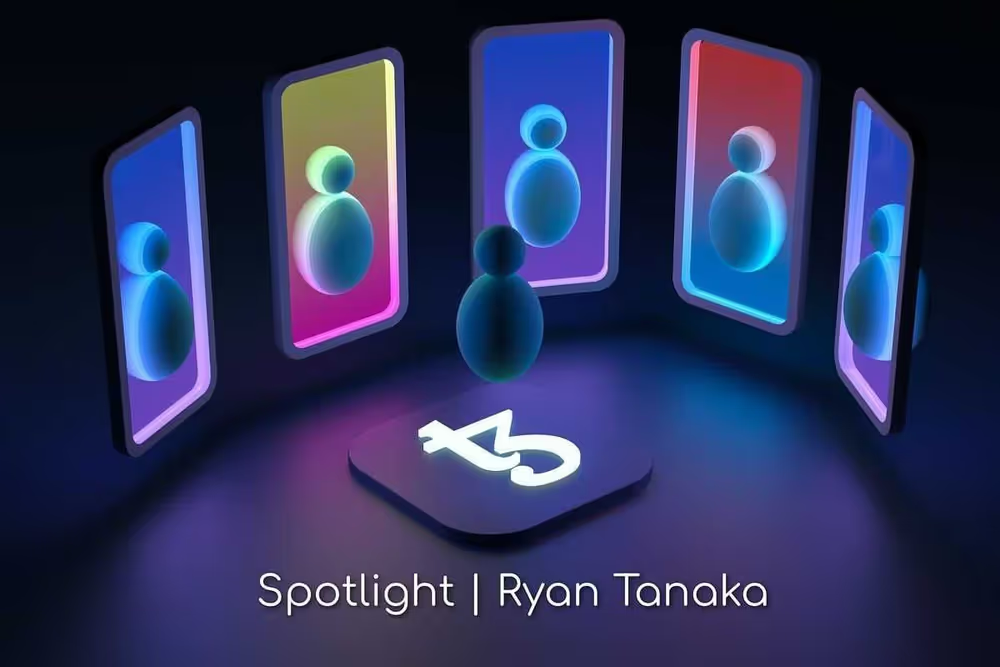
Decentralization is a foundational cornerstone of the blockchain movement. This fact really can’t be overstated. Before the bull runs, the ‘moonings’, the ‘gainz’, the ‘Lambos’, and the NFT hype-cycle, came one simple paradigm-shifting idea: ‘what if we just removed centralized failure points from everything?’. From this simple idea sprung blockchain, cryptocurrencies, Web 3.0, NFTs, an entirely new asset class, generational wealth, and a vast network of ecosystems that are currently in the process of turning the digital world on its head.
Sure, blockchain technology may not have become a ubiquitous part of humankind’s digital experience yet, but the wheels are in motion and only the most stubborn pearl-clutchers among us are still trying to play these game-changing technologies off as a passing fad.
It’s a complex process, finding workarounds to circumvent the world’s most entrenched gatekeepers and their ceaseless desire to maintain control and prop up their profit margins, and it’s not one that was ever going to happen quickly. Developing new models of governance steeped in transparency and free from the centralized authorities that we’ve all become accustomed to is a tall task. For those who’ve made it their mission to take this task on, however, the juice is (or at least will be) worth the squeeze.
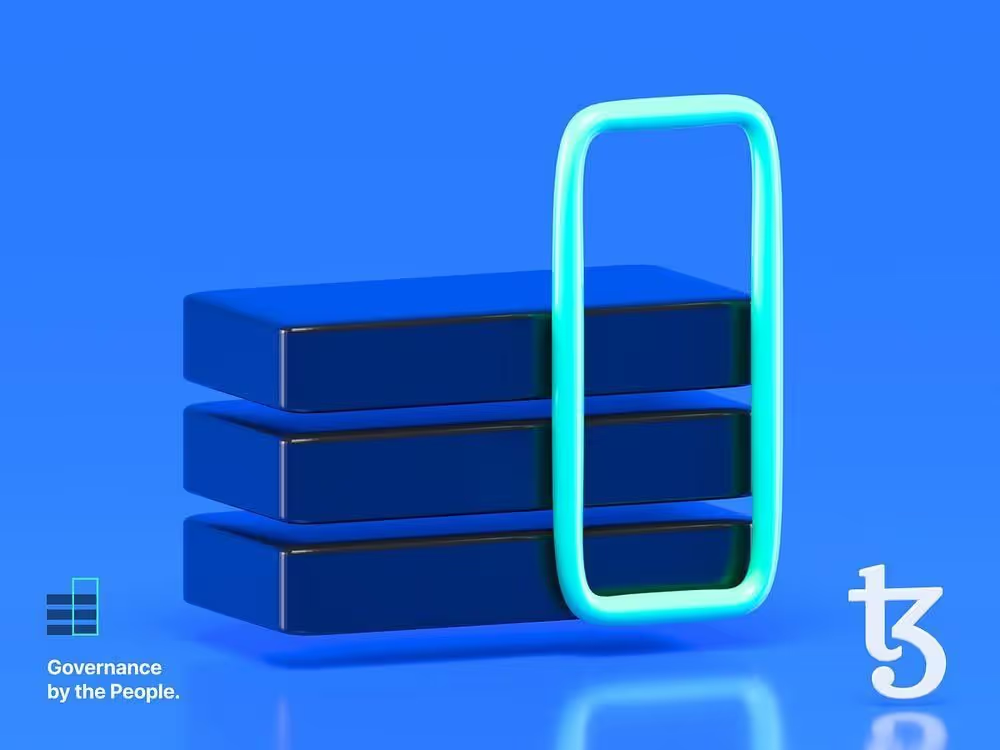
Blockchain-based decentralized autonomous organizations (aka DAOs) are one such model of governance. DAOs are founded on the idea that many (if not all) organizations can function in a purely democratic manner, with all decisions — from the hiring of staff to the allocation of funds and other resources — voted and decided on by the stakeholder collective within it, and with all such undertakings being completed on-chain in an entirely transparent and trustworthy manner.
We’ve seen this model rolled out numerous times within the larger blockchain sphere over the past few years with varying degrees of success. In many cases, the DAO model is working just fine, and has been for quite some time.
And, with blockchain projects, platforms, and startups like those here in the Tezos ecosystem with decentralization baked in as a key part of their organizational DNA reaching a critical mass point of size, participation, and capital, it’s a model that we should all expect to see implemented a whole lot more moving forward.
Digital art/NFT marketplace ‘Teia’ is one such platform in the Tezos ecosystem.
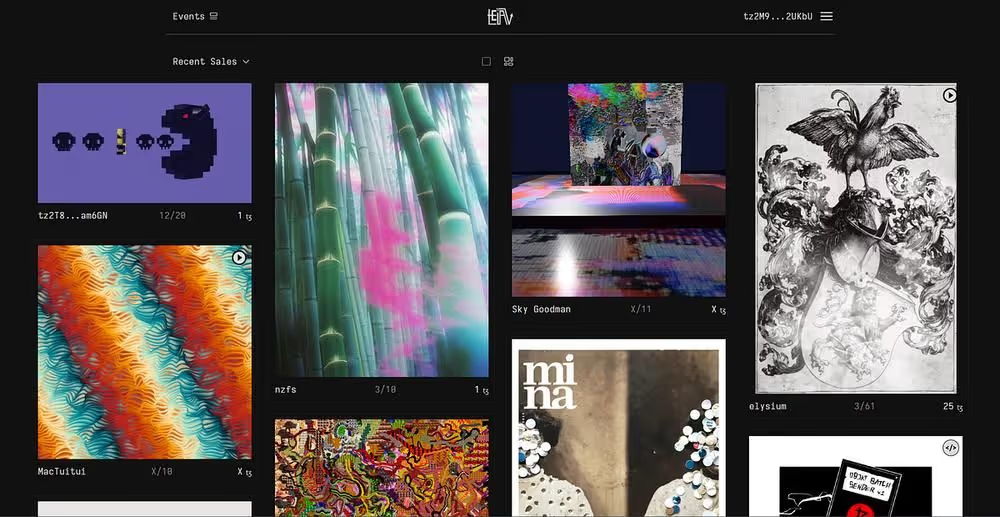
Teia is a self-described “nonprofit, open-source online platform for trading digital assets as OBJKT NFTs”, and it has quickly become one of the most popular NFT marketplaces in the Tezos ecosystem. Teia has recently announced the launch of a DAO of its own, known (obviously) as the Teia DAO.
Teia is currently in the process of distributing Teia DAO tokens to its participants (claim yours here). To get a clear picture of why this is happening, what it means, and what the Teia DAO rollout will look like in practice, we reached out to one of Teia’s founding members, Ryan Tanaka to find out more.
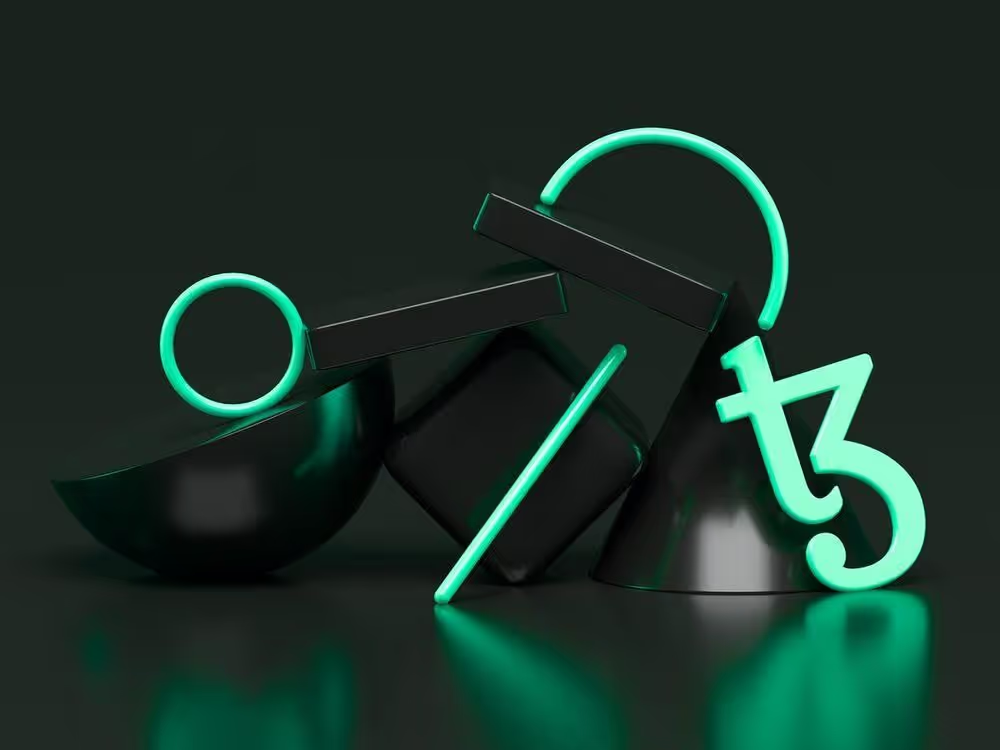
Humble as ever, Ryan first made it a point to clarify that he could only speak from his personal experience and didn’t speak for the other 18 founding members of Teia, but he did have some very interesting insights to share, including an important clarification regarding the operational structure of Teia as it exists today. Hear it for yourself from Ryan:
“First, it’s important to know that Teia is a fully voluntary organization. Nobody’s making any money. None of us are getting paid. We do have a treasury, but that’s going to be given to the DAO. The DAO will make the decisions about how the money is spent.”
As well as its operational structure moving forward…
“In theory, the outcome of the votes of the DAO should be legally binding for the organization, because the token holders should count as members of an LLC. Everybody who owns a token is actually a part owner or operating member of this non-profit.”
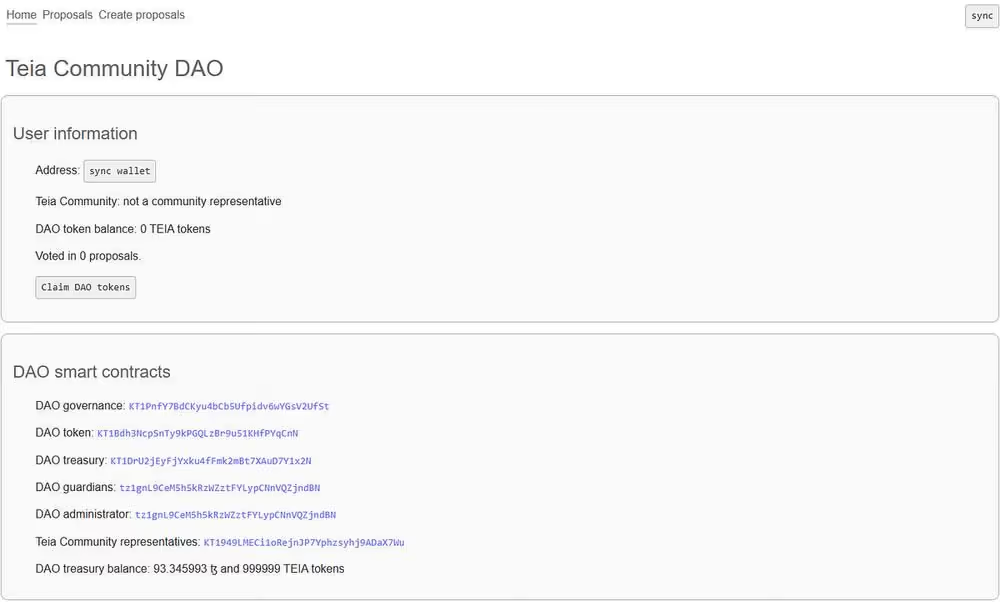
With true decentralization and transparency at its foundation, the Teia DAO promises to democratize every aspect of Teia’s ongoing operation, with every token holder empowered to have a say. With a marketplace and community currently functioning and delivering a top-notch experience to all involved, Ryan was quick to point out that such an approach could lead Teia and its users almost anywhere once launched in earnest…
“Anyone can come up with a proposal, and anyone can vote on that proposal. We don’t know what people are going to do. You never know what’s going to emerge.”
The Teia DAO’s launch comes at an interesting time in the evolution of NFTs and their marketplaces. In many ways the NFT market appears to have found some form of stasis off the back of the boom-and-bust hype cycle we all watched unfold in the space just a few short years ago. The industry (such as it is) has a lot to contend with, and very real concerns that will need addressing in the very near future. With all that in mind, one can understand why the Teia team has been so deliberate and measured in its approach to Teia DAO’s rollout. Ryan stated:
“That’s why I love Teia. Teia folks are very obsessed with doing things the right way. We’re putting safeguards in place. We talk a lot about potential abuses, spam, bots, all the kinds of threats that exist on the internet. A lot of other DAOs don’t take this stuff seriously and it ends in disaster.”
Indeed, there have certainly been instances where DAOs in the blockchain space have not achieved their promise. To hear Ryan Tanaka tell it, however, such instances have not been a condemnation of the DAO model itself, but rather represent important learning moments for the industry as a whole, something he spoke in-depth about during his recent appearance on TezTalks Radio.
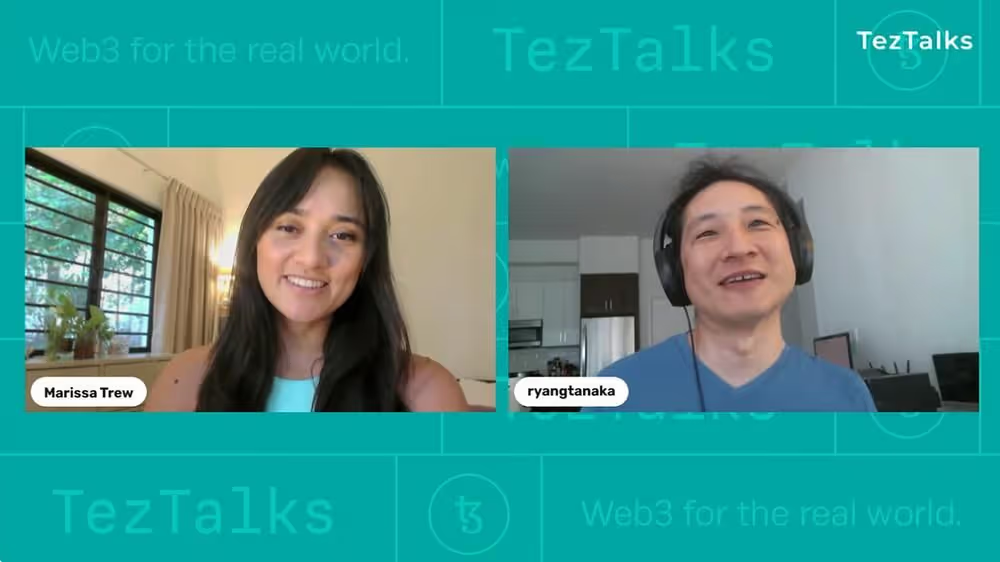
“We’re not used to voting for things online. We go on and Facebook, Twitter, whatever just has this model for you. You just fill in the boxes, and you can’t really do anything because you don’t own anything on these platforms.”
With tools like NFTs, blockchain, and cryptocurrency, users and participants now have a real, vested interest in how things are ran, and are now empowered with a real voice in the decision making process. While this idea may not be an entirely new one, it’s one that many in the space are still getting used to.
And, as Web 3.0 takes its place at the forefront of the digital user experience and these tools become increasingly crucial to what that experience looks and feels like, big changes are afoot in the digital realm as a whole…
“The Web 2.0 culture has kind of conditioned us to think that ‘winner take all’ model is the ideal outcome. ‘Unicorn’ has become synonymous with ‘Monopoly’. This shows up in online business practices. When a startup reaches a certain size, what do they do? They start buying out the competition, and eventually they’re the only game in town. We’ve done this over and over and over for the last couple of decades. It’s what we consider normal. With Web 3.0 economies, what’s going to work is automating a lot of these microtransactions, like royalties, copyright enforcement, or distribution. These should all be able to be processed and paid in a fair and transparent way. Smart contracts should be able to handle all of this.”
The Teia DAO promises to be a very interesting use case for the blockchain-based DAO model. As it unfolds, there will be learnings to be had for anyone looking to solve a real world problem in a decentralized, accessible, and transparent way with a DAO, both here in the Tezos ecosystem and beyond. We’ll be keeping a close eye on the ongoing rollout of the Teia DAO moving forward, and so should you!